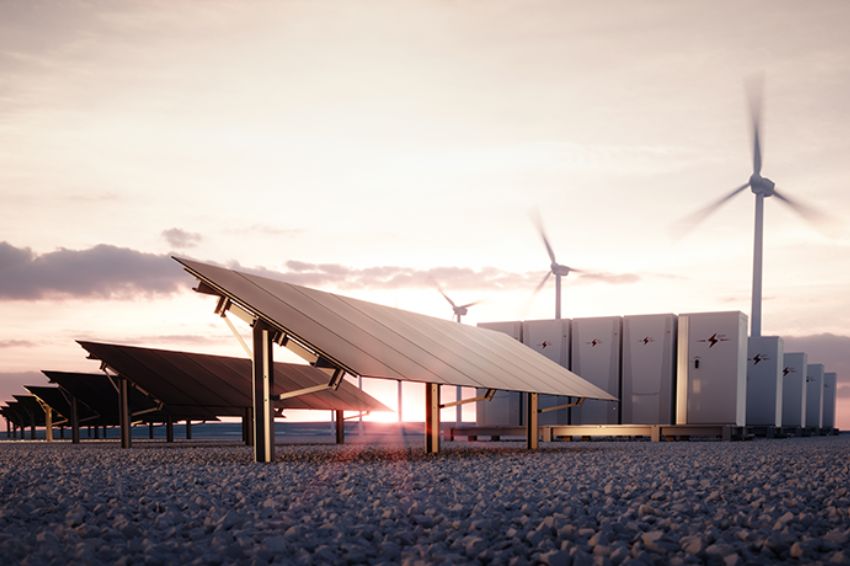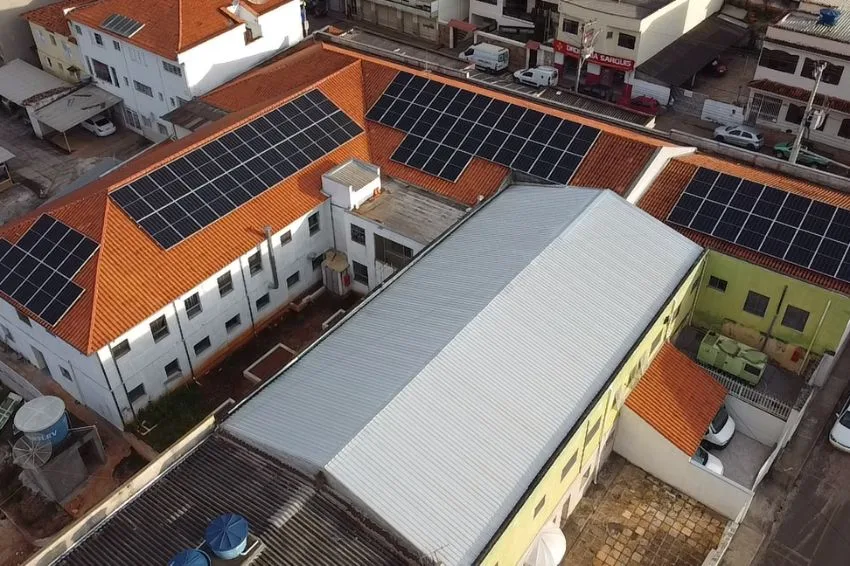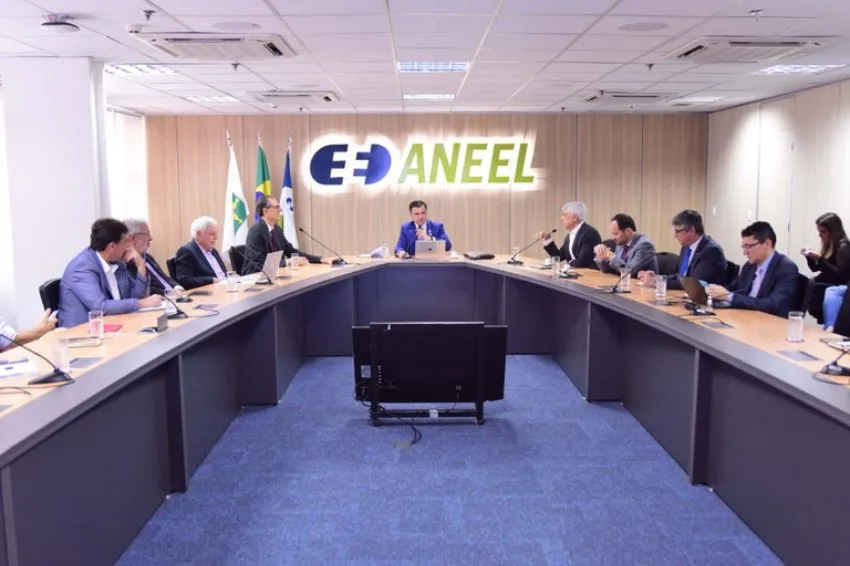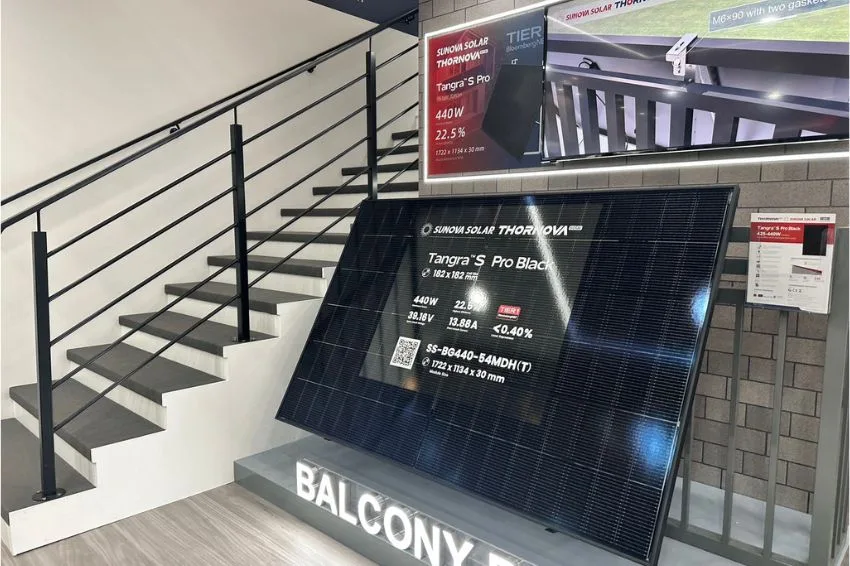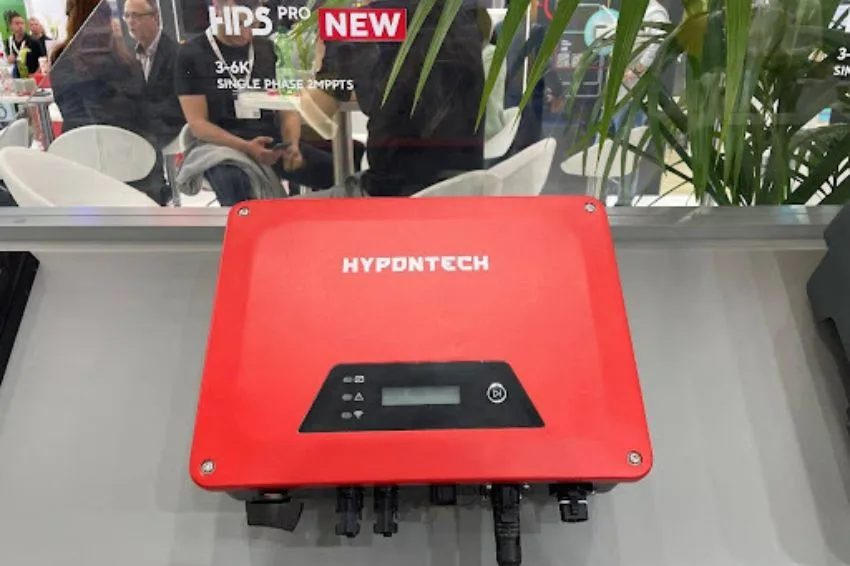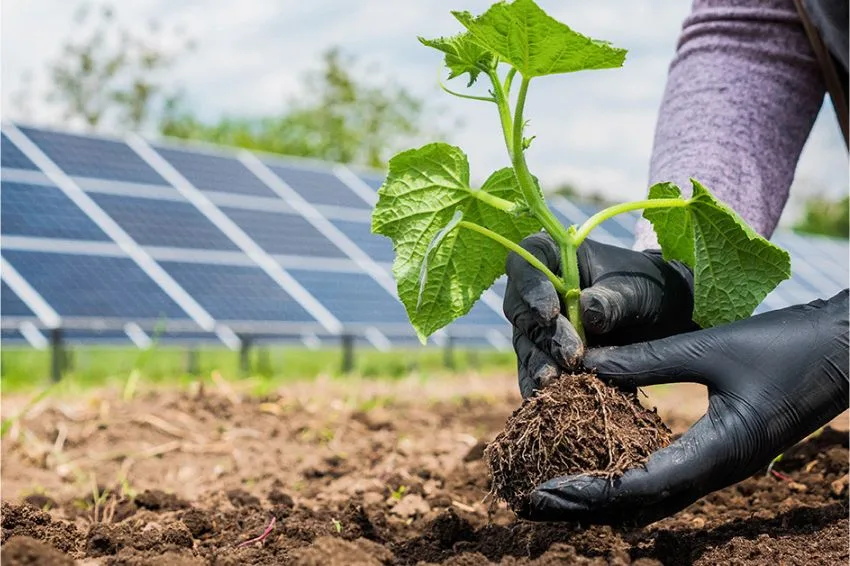A ANEEL (National Electric Energy Agency) will hold next Wednesday (14/6), from 10am to 12pm, a webinar to discuss the regulatory challenges of implementing storage technologies of energy in Brazil. Interested parties can participate in person or through the Agency's YouTube channel.
According to ANEEL, there are five trends that point to the use of energy storage in electrical systems:
- Growing demand for electrical energy: increase in the number of new consumers and the increase in per capita consumption;
- Shifting the energy matrix to electricity: need to decarbonize economic activities;
- More renewable generation, especially solar and wind: technologies present little control power on the part of operators;
- Distributed and small-scale energy resources: emphasis on distributed solar generation;
- Sophistication of electrical networks: they are increasingly autonomous and intelligent, in addition to the possibility of bidirectional flows.
Based on dialogue with society, ANEEL found the need to propose specific regulations for energy storage recharged by the electricity grid. In this context, the topic became a priority on the Regulatory Agenda and a public consultation for AIR (Regulatory Impact Analysis) should be opened this year, with subsequent discussion of the draft standard.
Currently, there is already regulation for “demand response”, a situation in which large consumers reduce their consumption profiles and earn income as a result. This way, instead of reducing the consumption of its production processes, a large consumer can install a storage system to supply energy during peak hours.
Another possibility already in force is the installation of hybrid generation and storage projects, in addition to the possibility of inserting renewable solutions in plants that serve isolated systems, that is, those regions not covered by the SIN (National Interconnected System).
There is also “Mais Luz para a Amazônia”, a public policy promoted by the MME (Ministry of Mines and Energy), which seeks to install photovoltaic generation and storage in isolated communities, where it would be more expensive and less sustainable to bring diesel generators and establish fuel transportation logistics.
What are the advantages of energy storage?
Storage systems are equipment that can store electrical energy, coming from a generator or the electrical grid, for later use, thus increasing the reliability and flexibility of the operation. One of the advantages is the possibility of purchasing energy at times when it is abundant and cheap, in order to earn income from the subsequent sale of this energy on the market.
Another advantage is favoring the expansion of generation from solar and wind sources. Today, these sources are already the cheapest and most dominant in new hiring, but they operate with intermittent and unpredictable daily variability. Energy storage operates in this space, stabilizing the grid and bringing reliability.
Storage can help reduce dispatch restrictions at generation plants, either because transmission is temporarily saturated and there is no space to take energy from producers to consumers, or because there is a lack of consumer at that time for all available generation.
Storage can provide what is known as “capacity services”, that is, at strategic times, this infrastructure guarantees supply reliability during peak consumption times, avoiding the contracting of other plants that could be more expensive for the same goal.
On another front, it is also possible for storage to help reduce and postpone investments in the expansion of transmission and distribution. The implementation of a storage system at a strategic point in the network can be more economically advantageous than building new lines and installing new transformers.


